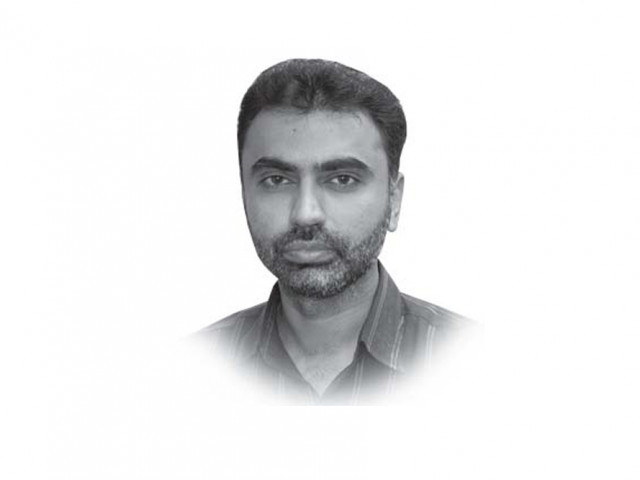The week in focus
The government has indicated that it will slash 50 per cent of the development budget and give funds to flood relief.

Though it cannot be denied that flood-hit people need immediate help, what path the government should take to swiftly provide assistance to its displaced and devastated citizens remains a big question.
According to reports, floods in Punjab, Sindh and Khyber-Pakhtunkhwa, triggered by torrential rains over the Indus basin, have resulted in the death of 1,600 people and displacement of around two million. The World Bank says the deluge has swamped agricultural crops, causing losses of approximately $1 billion.
Besides cutting the development budget, the government is said to be considering imposing a one-off surcharge on all income groups and imports to bag an extra Rs138 billion which will be utilised to fund the cost of rehabilitation. The federal government has also asked the provinces to freeze their expenditures and spare money for reconstruction.
A government official has said that the country may not be able to achieve the economic growth target of 4.5 per cent set for this year. The target may be revised downward to 3.5 per cent.
Giving the possible options, an analyst said that besides reducing development spending the government may borrow funds and call a donors conference.
Uphill task
“The government will have to stop work on new projects and continue only the ongoing ones. The funds thus spared should be diverted to meet the gigantic task of reconstructing the damaged infrastructure and rehabilitating the displaced people,” commented Akbar Zaidi, an economist.
However, he ruled out the possibility of seeking a debt moratorium from multilateral and bilateral donors, like the debt rescheduling Pakistan achieved after September 2001. “There is no need for demanding a debt freeze, what is necessary is a revisit of the taxation policy.”
He said the government should refrain from slapping more taxes on the already oppressed people and should go for bringing under the tax net those who are exempted and others who are evading taxes.
“Non-development expenditures cannot be cut because a major part of those constitute salaries of government employees,” said Kaiser Bengali, advisor to the Sindh chief minister on planning and development.
He said that Chief Minister Qaim Ali Shah, in a meeting on Saturday, issued directives to the high-ups of the province to conduct a survey and assess the damage caused by floods in the province.
Setting priorities
“There is a need for prioritising the envisaged projects. Ongoing projects should continue, particularly those which are related to energy and water,” said MA Jabbar, former chairman of Site Association of Trade and Industry.
He called for diverting Rs70 billion from the Benazir Income Support Programme (BISP) to the agriculture sector. Floods have damaged the crops and farmers will not be able to repay debts, so these funds will help them meet their needs, he said.
Jabbar supported the idea of imposing a surcharge on imports, but said the funds so collected must be monitored and put to use by people of untainted reputation. “Individuals from the public and private sectors with undisputed credentials should be appointed to utilise these extra funds for flood relief activities.”
He also floated another proposal, calling on the government to seek a debt freeze for five years with no piling up of mark-up during the period. During last fiscal year ended on June 30, the government paid $5.6 billion in debt servicing. He said that this amount can be set aside for assisting the flood victims and rebuilding the damaged infrastructure.
the writer is incharge Business desk for the Express tribune
Published in The Express Tribune, August 16th, 2010.



















COMMENTS
Comments are moderated and generally will be posted if they are on-topic and not abusive.
For more information, please see our Comments FAQ